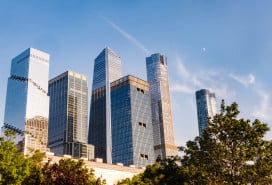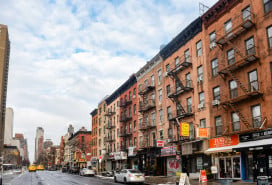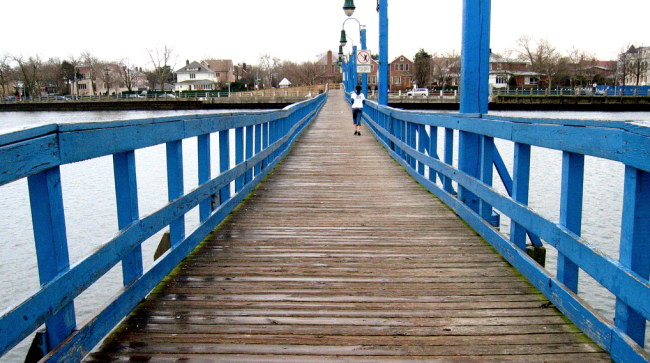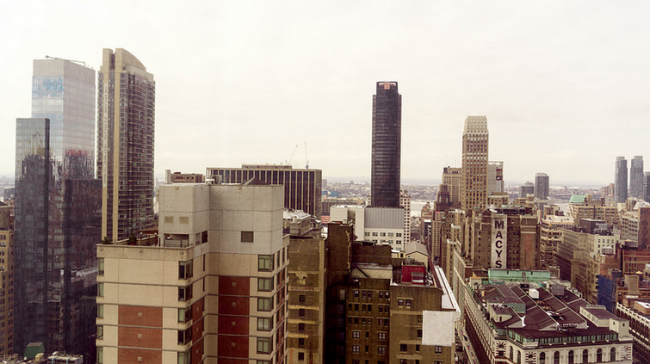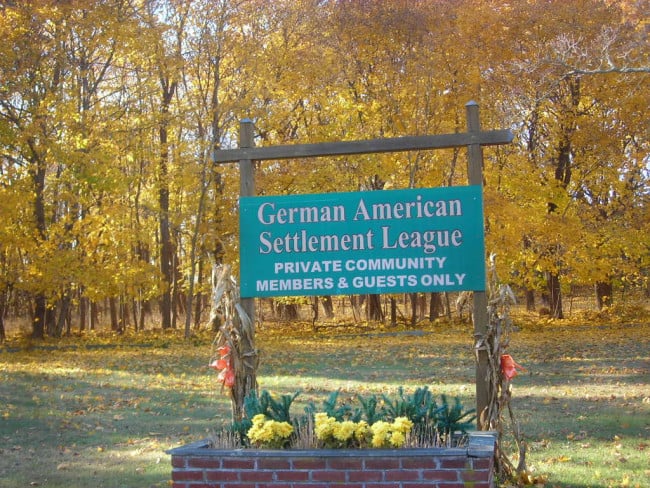"I see racism in the market": Brokers get candid on race in a new study
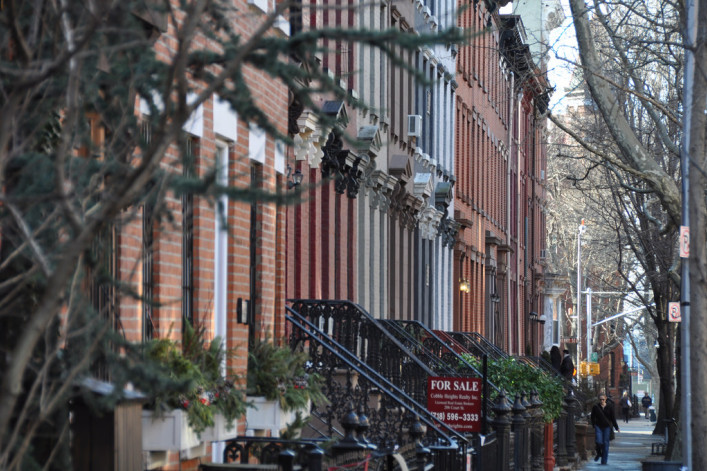
One broker acknowledged steering African American buyers away from neighborhoods including Cobble Hill, saying that it's the wish of white sellers in those places and "it's not really worth it to push."
There are four or more times as many real estate agents in majority white and majority Asian American neighborhoods in New York state as there are in predominately black and predominately Hispanic neighborhoods, a recent study has found. That geographic concentration may contribute to segregation, the study's authors argue.
Sociologists from Rice University and New York University looked at where real estate brokers have offices, how they steer home buyers (overtly and otherwise) based on the racial makeup of neighborhoods, and what effects this might have on the real estate market.
The study found that in New York state, Asian neighborhoods have an average of 19.9 registered real estate agents per census tract and white neighborhoods have 12.4, whereas Latino areas have 3.3, and African American neighborhoods have 2.8 (New York City's average is 11.9 agents per tract, nearly double the average of smaller cities upstate, which reflects the more expensive and active real estate market here).
The New York City metro area is the most economically segregated in the country, according to a recent study by the Urban Institute, and nearly half of the city's 59 community districts are overwhelmingly home to people of one race or ethnicity, as the New York Times recently reported.
Brokers embrace gentrification
The geographic disparity in where brokers set up shop is only partially explained by relatively low home ownership rates and property values in poor black and Latino neighborhoods, as the disparities persist even when you control for income, according to report co-author Max Besbris, a sociology professor at Rice. Even so, brokers who the researchers spoke to reported being drawn to higher-priced neighborhoods for the higher commissions that come with sales. And those who work in historically lower-priced areas embraced gentrification, sometimes in overtly racial terms.
“I’ve finally been here enough time that prices are going up," one longtime African American broker working in Harlem told researchers, "and it’s really because of all the white people moving in.”
Combine brokers' concentration in certain areas with the local nature of the real estate business, the common broker practice of up-selling, and despite federal law barring it, continued racial steering, where agents avoid showing white clients places in neighborhoods of color and vice versa, and you likely get further segregation, the authors write.
Agents are "part of a larger racist system"
It's hard to isolate one factor that drives segregation, or even to assign blame to any particular brokers, Besbris says. Rather, he argues that brokers are just one set of actors operating within the context of the U.S.'s history of racist policies explicitly denying housing and other opportunities to nonwhites, and ongoing policies and practices that have racially unequal outcomes.
"Real estate agents are just part of a larger racist system," Besbris tells Brick. "I don't think that any of the real estate agents we interviewed are racist themselves. I don't think any of them are consciously trying to harm racial and ethnic minorities. But I think there are a ton of incentives in the marketplace for them to do things that benefit already privileged wealthy white people. Housing markets are designed in such a way to further segregate."
(The report does not closely consider why Asian neighborhoods have even more real estate agents than white ones, but Besbris noted that certain Asian immigrant communities have been shown to have high levels of social capital, i.e. education, and access to networks and information.)
How racial steering is rationalized
One Brooklyn sales broker the authors interviewed explicitly acknowledged keeping African-American buyers from seeing certain apartments, but he, like others interviewed, framed it as something he did for the clients' benefit.
“I see racism in the market. The Hasids in Williamsburg and the Russians in Brighton Beach and even little old Italian women in Cobble Hill, they don’t want to sell to them [blacks]," the broker said, according to the report. "They’re open about it, so it’s not really worth it to push.”
Other brokers described only showing white people apartments in predominately white or gentrifying neighborhoods. One agent who works in Crown Heights called it "the next big thing," and said of recent changes to the predominately West Indian and Jewish neighborhood, "It’s just literally going [east] block by block. You have Flatbush, Vanderbilt is so hot, oh my God. And then Washington is great now. Franklin is okay, maybe Rogers."
On the one hand, the neighborhood's longtime black residents provide a sort of authentic backdrop, according to the broker: "They [clients] like to walk out of their apartment and feel like they’re on a Spike Lee set. They like the real Brooklyn."
However, the same agent described discouraging young transplants from moving to the most heavily black parts of Crown Heights, saying, "I’m one of those brokers with a conscience, and I actually will say it how it is. If three pretty little girls come to me and like this three bedroom far out east, I’ll be honest with them."
Conversely, studies have shown that brokers share less information with prospective home buyers who are black. Along those lines, one broker interviewed for the report described wanting to steer a black couple away from predominately white Howard Beach, Queens because of its history of racist violence, but in the end refraining because of federal fair housing restrictions on stating a racial preference.
What this means for apartment buyers
These kinds of small decisions by brokers have huge ramifications in aggregate, Besbris tell us.
"Where you live determines a lot about your life," he says. For the black buyer turned away from seeing a place in Cobble Hill, he says, "It's going to affect their access to the labor market. It's going to effect their experience of crime, their children's access to education, their personal health. And it's going to effect the kinds of social networks they could build by being in a relatively affluent place like Cobble Hill."
Brokers' decisions may also, the report hypothesizes, artificially inflate home prices in predominately white and Asian areas, victimizing even the benefactors of the stratified housing market.
"These incentives are potentially pushing people to spend more on housing than they normally might, especially white and wealthy people," Besbris says. "That is definitely something anyone would be concerned about."
The New York State Association of Realtors did not respond to an email seeking comment on the study.
Disclosure: The author once worked as a fair housing tester in New Orleans.
You Might Also Like









